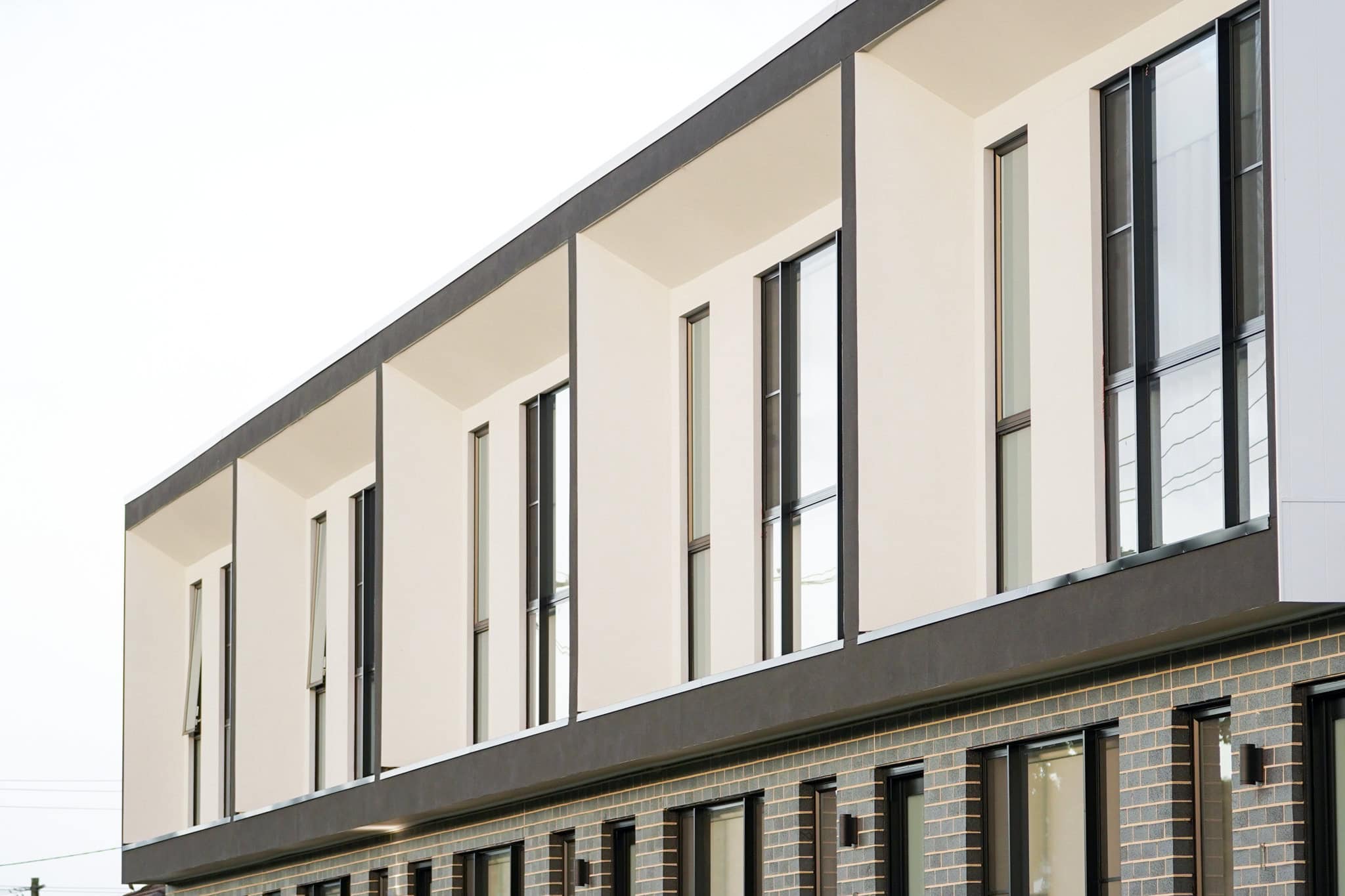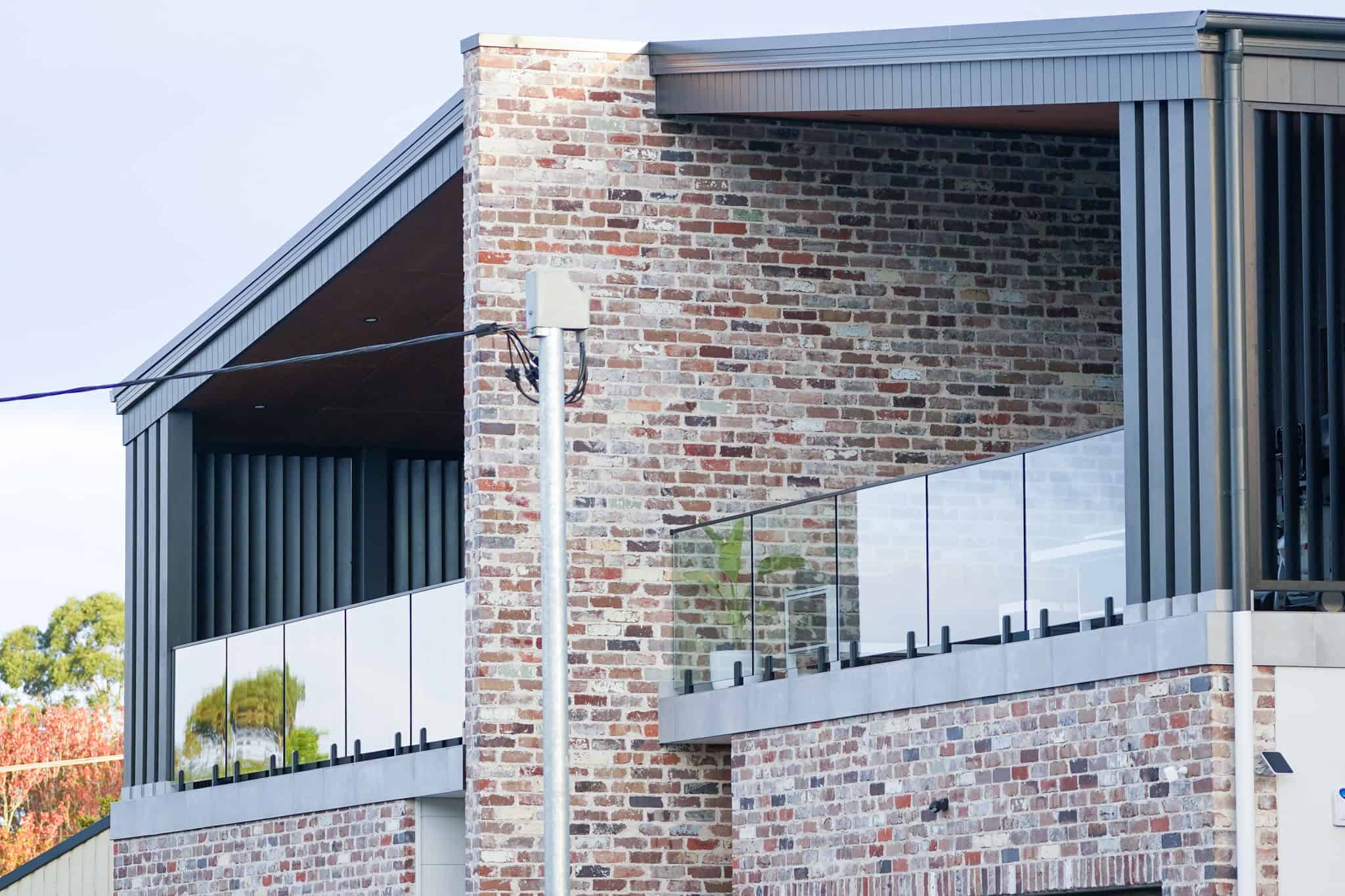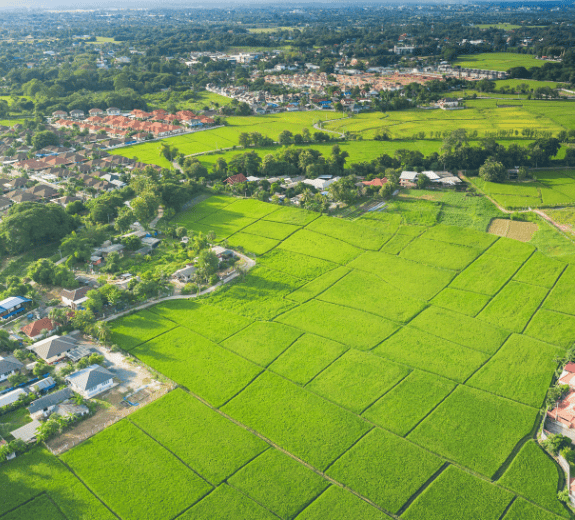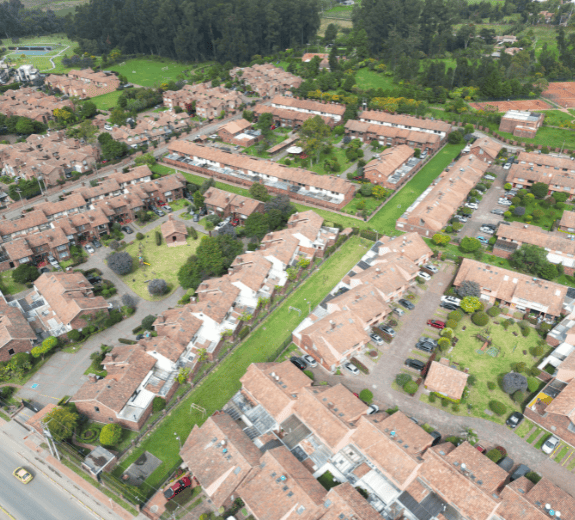Newcastle Subdivision Certifiers
Helping Newcastle residents get approved, sorted and certified, without the headache
Helping Newcastle residents get approved, sorted and certified, without the headache
If you’re looking to divide a block, add a duplex, or just make the most of your land, getting a subdivision certification in Newcastle is a key step. But let’s be honest, it’s rarely straightforward.
There’s council rules, service requirements, a mountain of paperwork, and processes that feel like they were built for confusion. Whether it’s your first time subdividing or you’ve done it before, it’s easy to feel stuck before you even start.
At Statewide Certifiers, we help locals and developers get through the subdivision process without the stress. We know what Newcastle Council looks for, and we’ll work alongside your surveyor and engineer to make sure you get the right approvals at the right time, no guesswork, no nasty surprises.

We’re not here to overcomplicate things or drown you in planning speak. We just want to help you get approved and move forward. Simple as that.
Here’s what you get with us:
– Real people who call you back
– Fast turnaround times (we know the hold-ups to avoid)
– Clear advice, tailored to your project
– Full support from start to finish
– Experience with Newcastle Council requirements
We’re across the local process, and we stay up to date with council policies like these from Newcastle Council, so you don’t have to.

First, you need to submit your project details and required documentation for assessment. We will review your application to make sure it meets all regulatory requirements.

Our registered certifiers, with years of experience, conduct thorough assessments & on-site inspections to verify compliance with subdivision & strata regulations.

Once compliance is confirmed, we issue the necessary certificates, including CDC, PCA, and subdivision works completion certificates, ensuring your project is ready to proceed.
Here’s what it looks like when we work together:
We start with a proper chat
You tell us your plans, and we’ll tell you what’s involved. No jargon, just straight-up advice.
We issue your Subdivision Works Certificate (if you need one)
This lets you begin work on services and infrastructure—without delays.
We keep the ball rolling
We liaise with your surveyor, engineer and council where needed, so things don’t fall between the cracks.
We issue your final Subdivision Certificate
Once your works are done and everything ticks the boxes, we sign off. You’re ready to register your lots and move on.
A Subdivision Certificate is basically your final approval. It confirms that all conditions have been met, the works are complete, and your lots are ready to be registered with NSW Land Registry Services.
Without this certificate, you can’t legally register or sell the new lots, even if everything’s been built and the fencing’s up.
Here’s a helpful guide from NSW LRS that breaks it down further.
Before you build any infrastructure, like sewer, stormwater, driveways or even a footpath, you might need a Subdivision Works Certificate. This gives the go-ahead to begin physical work, based on the plans approved in your DA or CDC.
In simple terms: no certificate, no digging.
You can check out Newcastle Council’s guide here for the official word.
It depends on the job. A simple two-lot Torrens title subdivision could be wrapped up in 3 to 6 months, while something bigger or more complex might take longer.
The main hold-ups? Usually incomplete paperwork, unclear plans, or delays in getting the right certificates at the right time. The good news is, we help you avoid all that.

Registered Subdivision (B1) Certifier
Statewide Certifiers offers services for subdivision works, including inspections and compliance certifications. Our experts ensure that subdivision works meet regulatory standards and issue completion certificates. Our services are available in nominated local government areas, providing reliable support for developers and builders.

Registered Subdivision (B1) Certifier
We provide expedient assessment and issuance of Subdivision Works Certificates (formerly Construction Certificates). As your trusted certifier, we always ensure compliance with subdivision development works requirements, offering efficient certification services to help developers move forward with their projects without delays.

Registered Subdivision (B1), (D1) Certifier
Statewide Certifiers specialise in Strata & Torrens Subdivision Certification, including Strata Subdivision, Community Property Conversion, and Strata Plan Subdivision under the Strata Development Act. We assess and issue Torrens Subdivision Certificates in designated areas, facilitating smooth project progression and adherence to local regulations.

Registered Subdivision (B1), (D1) Certifier
We issue Complying Development Certificates (CDC) for Strata and Torrens subdivisions under SEPP codes. Our experts assist with multi-dwelling project approvals, ensuring council compliance. We also provide certification for low-rise housing, including subdivision works, inspections, and plan certifications, ensuring compliance for developers and builders.
The biggest mistake is starting the certification process too late. Developers often wait until the final stages of their project, only to realise that crucial approvals were needed earlier. This leads to costly delays, unexpected expenses, and last-minute scrambling to meet compliance requirements.
Solution: Engage a certifier early in the project, understand your required approvals, and keep up with NSW regulations to prevent delays.
The most significant update is the Low Rise Housing Diversity SEPP, which streamlines approvals for terraces, manor houses, and dual occupancies. This regulation allows private certifiers to handle approvals instead of councils, speeding up the process for developers.
Key Takeaways:
Land certification has shifted away from council-controlled approvals, giving developers more flexibility. Private certifiers now handle many approvals, reducing red tape and shortening wait times.
Future Outlook: The industry will continue moving toward digital processes and streamlined assessments, making it easier for developers who stay informed.
The most common cause of delays is appointing a certifier too late. Missing documentation, incomplete applications, and misunderstandings about regulations can also stall approvals.
How to avoid delays:
Torrens Title is used for standalone properties where each lot has direct land ownership. Strata Subdivision is for multi-dwelling developments with shared spaces, such as apartments or townhouses.
When to choose which:
Unit 401/1 Wattle Cct, Casuarina NSW 2487